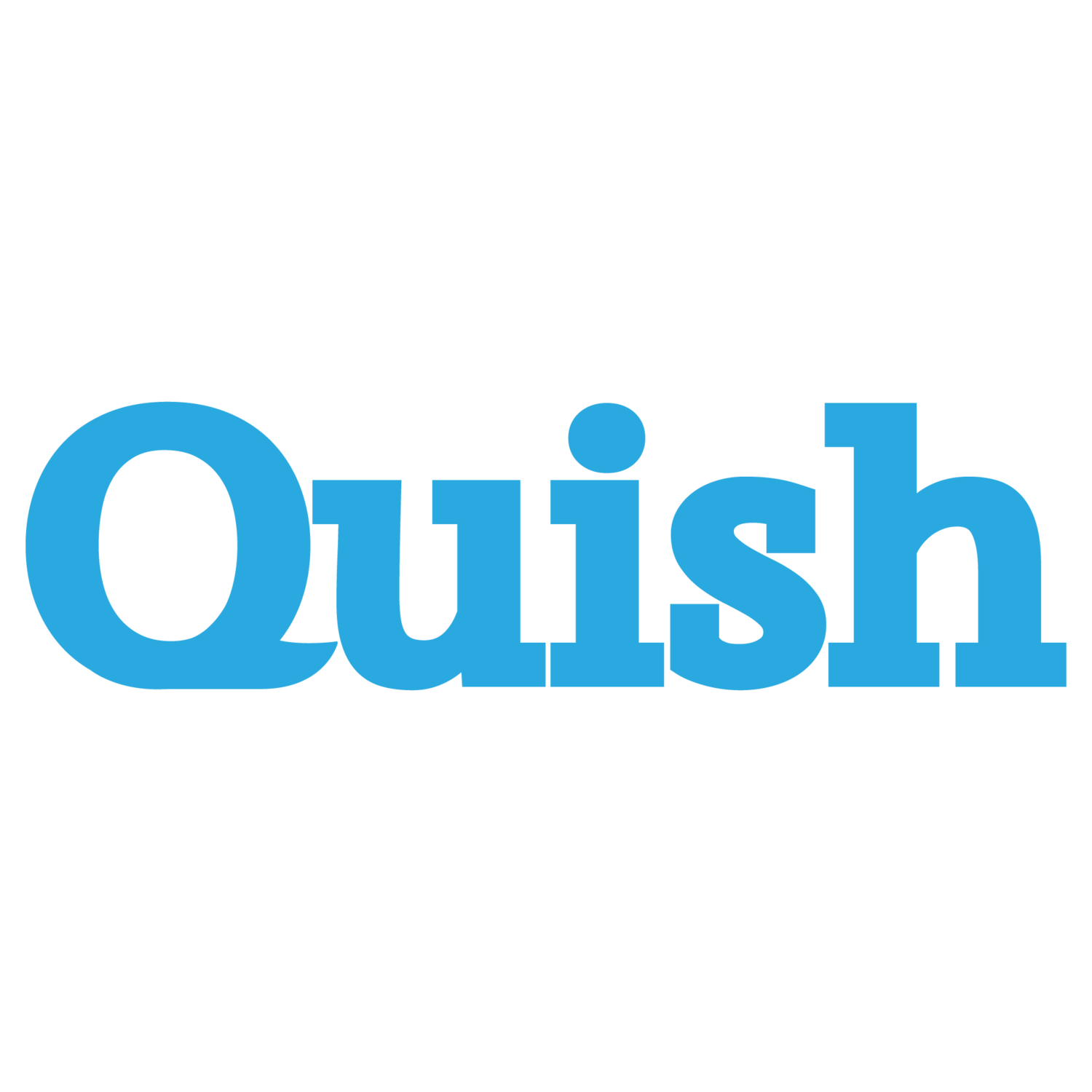It’s been a long (long, long) year since the first Covid lock-downs started in the US.
What will we do with ourselves when our collective shut-in ends? And just what have we been up to all these months locked away in our personal hidey homes?
These questions are of great interest to psychiatrists and economists alike.
Interestingly - albeit understandably - during the pandemic spending on goods has tracked far above average while spending on services is down sharply with huge gaps in areas like dining, entertainment, and recreation.
Turns out you’re not the only one who got a new rice cooker, dishwasher, sewing machine, Peloton, full-on super bad a## home gym, Aeron chair, kettle that has five-temp settings, etc. etc. etc.
Statistics show those delivery trucks lined up outside your house were just as likely heading for your neighbor’s front door (or their neighbor’s).
All in all, it’s looking like during the pandemic our demand for goods was pulled forward even as our demand for services basically disappeared.
When the lock-downs are really truly over, what will be left of our pent-up needs for services? Things like haircuts, concerts, the theater, Rocky’s games, Vegas, restaurant meals, room service (room service!), a massage…
These are things we will likely start to enjoy again, but the year of fun stuff we didn’t do – that’s kind of gone forever (cue weeping).
Economists refer to our pandemic-year of shunning services as “foregone consumption.” And it turns out this forgone consumption - despite your shiny Peloton - has led to notable excess savings for many US households.
Our pent-up longing for services will be released when the pandemic is subdued. Yet, economists believe only some accumulated savings will be directed at haircuts, hotels and Hardee's (that is at services).
Just where exactly all that excess savings will go has major implications for the markets and the economy.


